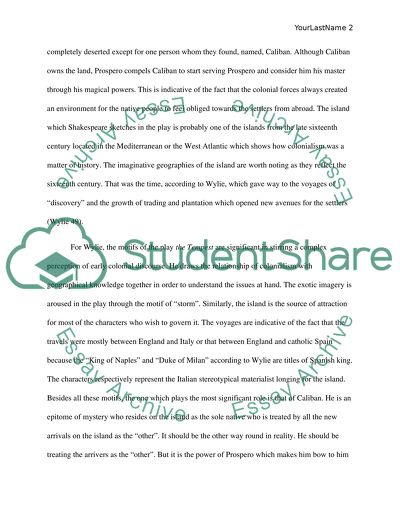Cite this document
(“Critical Response to an Analysis of the Tempest by Shakespeare Research Paper”, n.d.)
Retrieved from https://studentshare.org/english/1591204-critical-response-to-an-analysis-of-the-tempest-by-shakespeare
Retrieved from https://studentshare.org/english/1591204-critical-response-to-an-analysis-of-the-tempest-by-shakespeare
(Critical Response to an Analysis of the Tempest by Shakespeare Research Paper)
https://studentshare.org/english/1591204-critical-response-to-an-analysis-of-the-tempest-by-shakespeare.
https://studentshare.org/english/1591204-critical-response-to-an-analysis-of-the-tempest-by-shakespeare.
“Critical Response to an Analysis of the Tempest by Shakespeare Research Paper”, n.d. https://studentshare.org/english/1591204-critical-response-to-an-analysis-of-the-tempest-by-shakespeare.


